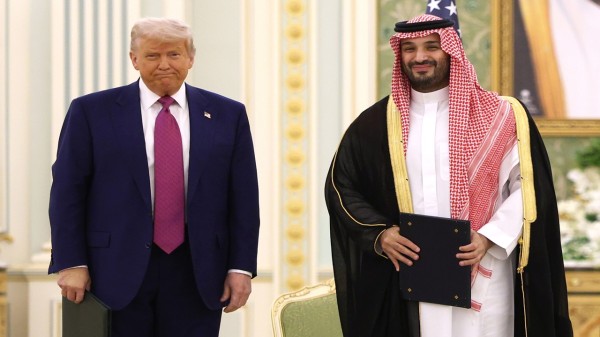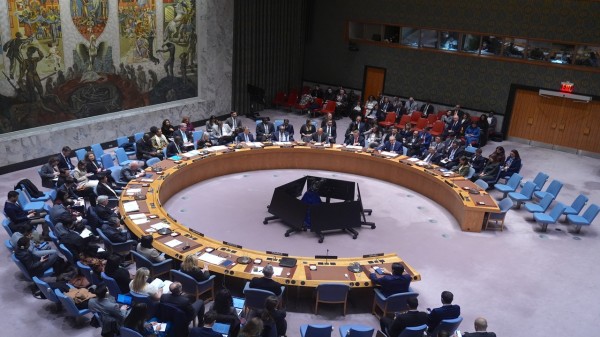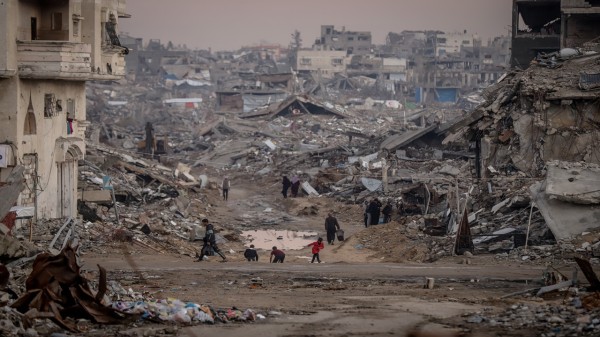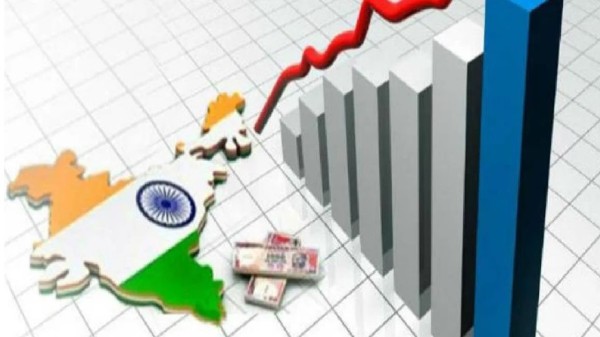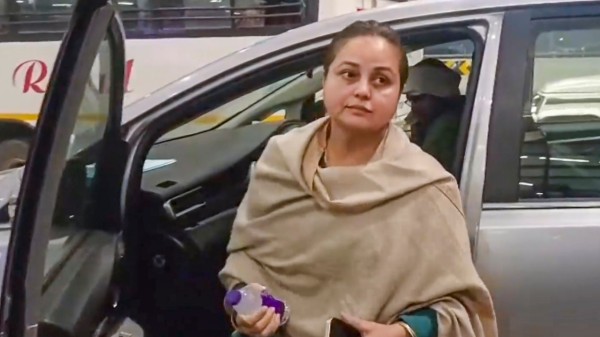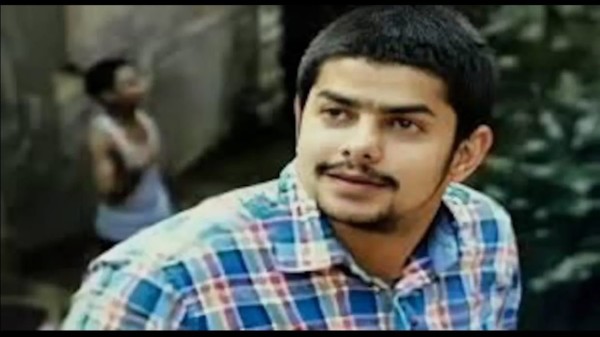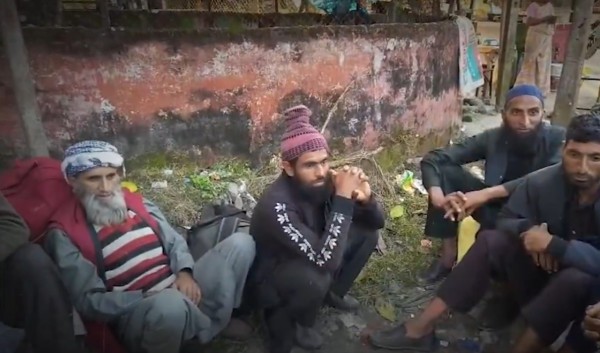

By signing in or creating an account, you agree with Associated Broadcasting Company's Terms & Conditions and Privacy Policy.


By signing in or creating an account, you agree with Associated Broadcasting Company's Terms & Conditions and Privacy Policy.
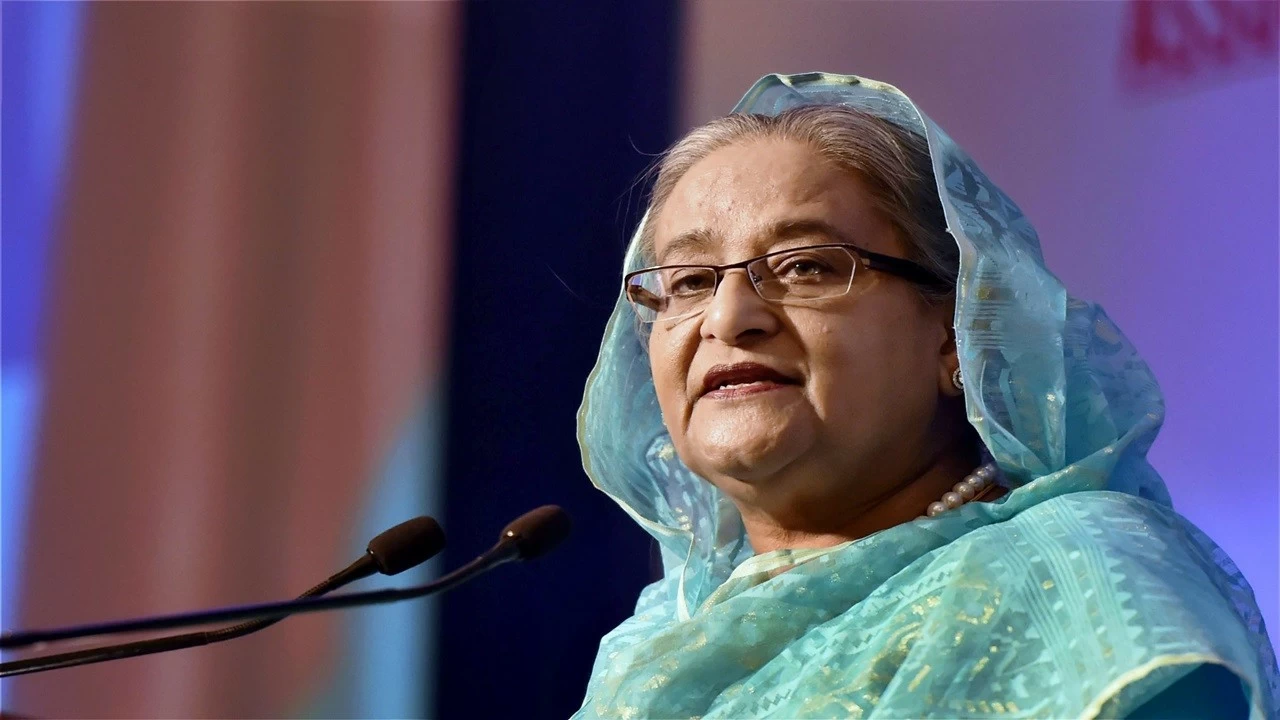
New Delhi: Bangladesh is on the boil with a slew of crude bomb blasts rocking Dhaka on Sunday. The climate is volatile ahead of the International Crimes Tribunal-Bangladesh (ICT-BD) verdict in a case against former Prime Minister Sheikh Hasina linked to alleged violence during last year’s street protests.
Supporters of Hasina's party Awami League have been staging demonstrations across the country as the verdict nears. The protesters are demanding the cases against Hasina to be dropped, while calling them a "sham". As anxiety grips the city, security has been beefed up and police have been ordered to shoot protesters on sight.
Dhaka Metropolitan Police (DMP) Commissioner SM Sazzat Ali reportedly told the local media, "Anyone who sets buses on fire or throws crude bombs with intent to kill should be shot. The law clearly gives us this authority."
Seventy-year-old Hasina is being tried in absentia on charges of crimes against humanity. There are allegations that she carried out crackdown on student protesters in 2024. However, the deposed PM has denied the accusations. She has taken shelter in India since she fled her country after her ouster in August last year.
ICT-BD will announce its judgment in the cases against Hasina. ICT charged Hasina for her alleged role in a “coordinated and systematic attack” on protesters during the July–August 2024 unrest in Bangladesh. She has been accused of abetment, incitement, conspiracy, facilitation and failure to prevent mass killings. There are some complaints that accuse her and several others of committing genocide and crimes against humanity in relation with the killings in the Ashulia area on August 5. Several cases list her, along with senior officials, party members, and allied organisations, as accused of murder, arson, abduction, and other crimes.
In July this year, Hasina was sentenced in absentia by the ICT to six months in jail for contempt of court. The judgment came after a leaked audio clip in which she allegedly claimed to have a “license to kill” while facing 227 active legal cases. A report said as many as 351 cases had been filed against Hasina, including 214 murder charges.
ICT-BD prosecutor Gazi MH Tamim underlined that the prosecution wants maximum punishment for Hasina and it has urged the confiscation of her property for distributing it among families of those killed or injured during last year's protests.
Chief prosecutor Mohammad Tajul Islam has called for the death sentence, alleging that she masterminded the atrocities committed during the 2024 mass protests.
Ahead of the judgment, Sajeeb Wazed, the son and adviser of Hasina, reportedly said, "They're going to convict her, and they'll probably sentence her to death."
If she is handed death penalty, Hasina can contest the judgment in the Appellate Division of the Supreme Court of Bangladesh within 30 days of sentencing. But she has to surrender or taken into custody within 30 days to appeal the verdict. The Appellate Division will have to dispose of the appeal within 60 days after it is filed. Under the ICT rules, a death sentence may be executed only after the government issues a formal execution order.
If the former PM continues to remain in exile, the sentence cannot be enforced. And if Hasina continues to ignore court summons or warrants, the court can label her a fugitive, absconder or proclaimed offender. In such a case, her property can be seized and passport cancelled. Bangladesh can raise its pitch for her extradition or request Interpol Red Notice to be issued.
Since Hasina has a huge following, a death sentence could also spark nation-wide protests and clashes may break out. As shoot-at-sight orders have been reportedly issued, the climate may turn more precarious, affecting the daily life of the commoners. Disruption in public life, strikes, and dawn-to-dusk shutdowns could impact the economy, with pressure building on currency and exports getting derailed. Prolonged unrest could also force imposition of Emergency rule, which might draw international condemnation.
Institutions, including the judiciary, police, and bureaucracy, could become more active and align more closely with the interim government. This is likely to go a long way in reshaping the political landscape and further polarisation. The verdict could see balance of power evolving ahead of the Bangladesh elections set for February next year.

